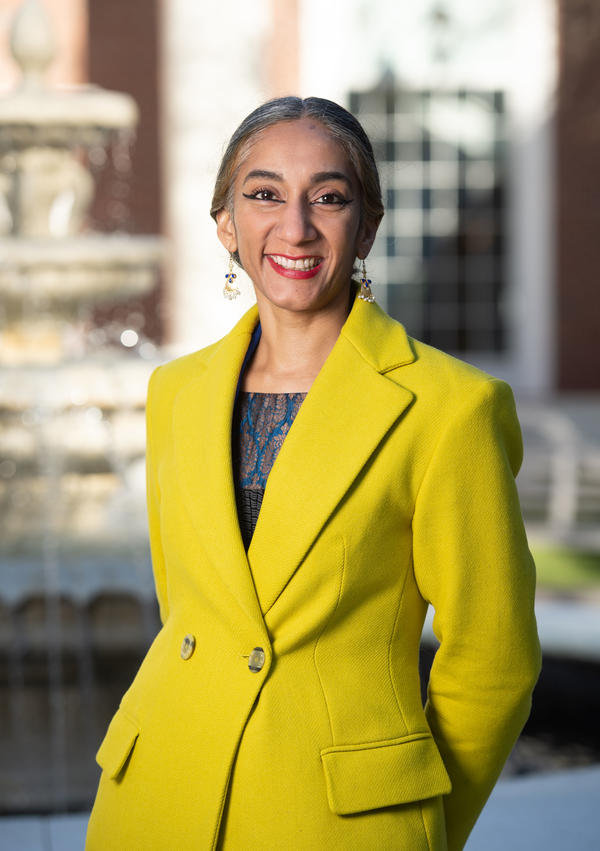Getting Past DEI Fatigue and Skepticism to a Rhizomatic, Practice-Based Pedagogy

Tuesday, December 6, 2022, 3 pm to 4:30 pm
Campus:
Dayton
Schuster Hall, CAC in person and via Webex at https://bit.ly/3tiZdOA
Audience:
Faculty
Staff
Dr. Tripthi Pillai explores the need for building radical care within teaching and learning environments at Historically White Institutions. Addressing the experience of fatigue and burnout often experienced by builders of diversity, equity, inclusion, and belonging whose care work and pedagogy are systematically redlined as service or cultural practice that is at best supportive of, at worst peripheral to ideologies of academic excellence, Pillai maps the impacts of the marginalization of DEI labor on both faculty and students at these institutions. Even as colleges and universities hire chief diversity officers in hopes that the centuries-long exclusionary infrastructure of higher education will be dismantled as a result of administrative attention and compliance-centric approaches to DEI work, Pillai calls for faculty’s adoption of a process- and distributive accountability-based pedagogy of care, which she states must be the foundation upon which the transformation of all academic cultures, identities, and practices are built.
Free and open to Wright State faculty and staff. Join us in person at Schuster Hall in the Creative Arts Center or visit via Webex at https://bit.ly/3tiZdOA
Email Dr. December Green at december.green@wright.edu or call 937-775-3772 with any questions or accessibility needs.
Tripthi Pillai holds a Ph.D. in English from Loyola University Chicago. An Associate Professor of English at Coastal Carolina University, she serves as Assistant Dean of Diversity, Equity, and Inclusion. Some of her recent publications include “Shakespeare and Close Reading in the Twenty-first Century” in Drama Online, “Mourner-Confessors: The Masala Intercommunity of Women in Rudaali and Hamlet” in postmedieval; “Rash’s Shakespearean Ecologies: Autopoietic and Allopoietic Remediations of Serena in Macbeth” in Summoning the Dead: Essays on Ron Rash; “Cute Lacerations in Doctor Faustus and Omkara” in The Retro-Futurism of Cuteness; and “Shoe Talk and Shoe Silence in The Two Gentlemen of Verona” in Object Oriented Environs. Several of her forthcoming articles and book chapters focus on queer temporality in Bollywood cinema; pedagogy as resistance to peripheralization and academic redlining; and strategic ahistoricism as inclusive praxis within early modern studies. With her colleague Ina Seethaler, Tripthi is co-editing the Routledge Companion to Global Women’s Writing and is also currently at work on a book-length project titled Shakespeare Damage, Shakespeare Repair.
Log in to submit a correction for this event (subject to moderation).

